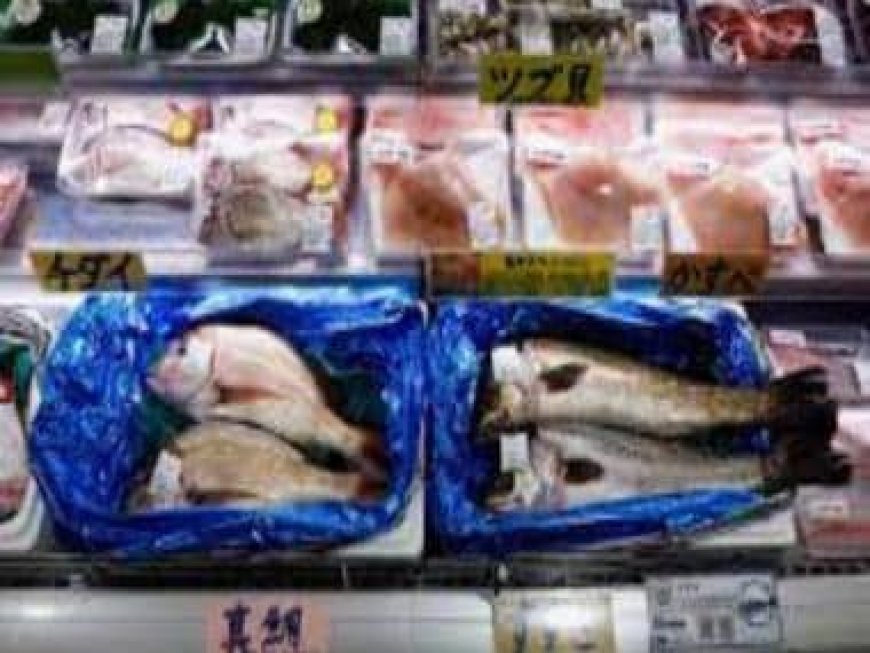Russia may join China in banning seafood imports from Japan
Russia may join China in banning seafood imports from Japan

After Japan dumped treated radioactive water from the destroyed Fukushima nuclear power plant into the sea, Russia is considering joining China in outlawing Japanese seafood imports and is seeking talks with Japan over the issue, a Russian regulator said on Tuesday.
Last month, Japan began discharging plant water into the ocean, prompting harsh criticism from China. China retaliated by outlawing all imports of aquatic life from Japan.
On Tuesday, the Chinese counterparts of the Russian food safety agency Rosselkhoznadzor said that they had discussed Japanese food exports. One of the main providers of marine products to China is Russia, which is working to gain market share.
“Taking into account the possible risks of radiation contamination of products, Rosselkhoznadzor is considering the possibility of joining with Chinese restrictions on supplies of fish products from Japan,” Rosselkhoznadzor said in a statement. “The final decision will be made after negotiations with the Japanese side.”
According to the authority, Russia has brought in 118 tonnes of Japanese seafood so far this year.
Rosselkhoznadzor reported that it had written to Japan, urging the two countries to start negotiations and asking details about the country’s radiological testing of exported fish products, including tritium, by October 16.
The majority of radioactive materials have been removed through treatment, according to Japan, with the exception of tritium, a radionuclide that is challenging to isolate from water. Before being released, it is diluted to levels that are allowed around the world.
According to Japan, Russia and China’s criticism is not backed up by facts.
Japan’s Ministry of Environment announced on Monday that examination findings of seawater tested on September 19 revealed the tritium concentrations were below the lower limit of detection at all 11 sampling points and would have no adverse impact on human health and the environment.
According to the far eastern branch of Rosselkhoznadzor on Tuesday, Russia has also found no anomalies in marine samples used for tests in areas of the country that are relatively close to where the treated water was released.
According to Russia’s fisheries department, the country exported 2.3 million metric tonnes of marine products worth approximately $6.1 billion last year, or roughly half of its total harvest. China, South Korea, and Japan were the major consumers.
(With agency inputs)
What's Your Reaction?



























































